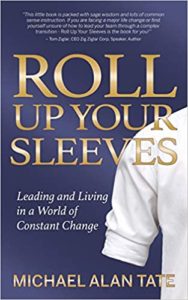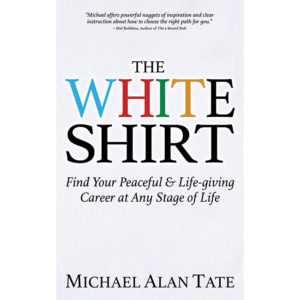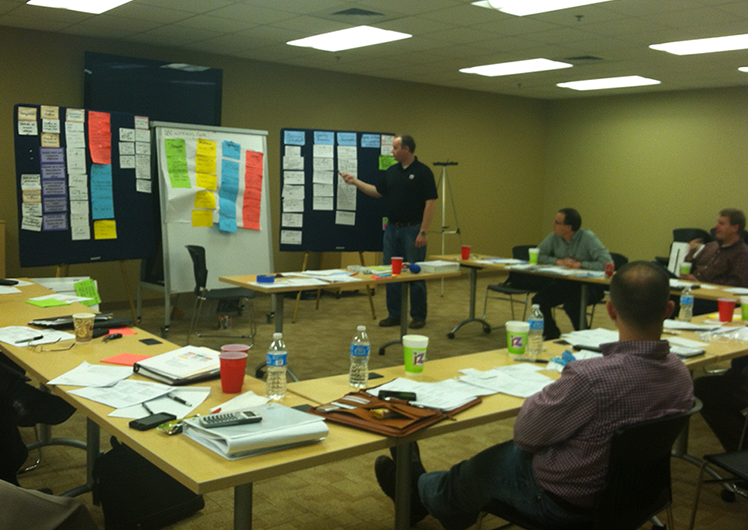Your Career or Your Life
Career misfits can shorten your life.
A 15-year study on aging conducted by the US Department of Health and Human Services, found the strongest predictor of longevity was work satisfaction. The second best predictor was overall happiness. These two socio-physiological measures predicted longevity better than a physician’s exam of physical functioning, measure of use of tobacco, or genetic inheritance. Controlling these other variables statistically did not alter the dominant role of work satisfaction.
A recent article in the Harvard Business Review tilted, Must Success Cost so Much?, reported on a five-year study involving 2,000 managers and their spouses. Research concluded that a manager, who is unhappy in their work environment or career, has a limited chance of being happy at home. The report stated that when an individual feels competent and satisfied in their work – not simply contented, but challenged – negative spillover at home does not exist.
Last month my new partner and I visited a company that designs and promotes corporate wellness programs. Its mission is to help organizations control rising healthcare costs. The CEO mentioned that even though their clients benefit from multi-dimensional wellness programs, there are two preventative actions that can reduce healthcare expense more than anything else: 1.) employees having an annual physical exam, 2.) taking medication as prescribed. Without these foundational practices in place, the impact of sponsoring gym memberships, personal trainers and weight management programs were minimal. However, with the two basics in place, the ROI could improve significantly.
Journal Entry: If you believe that being in a career that challenges you, getting an annual checkup and following a prescribed plan, can have a positive influence on your life, doesn’t it make sense that having a professional career checkup annually could contribute to more success and happiness in your leadership and life?



